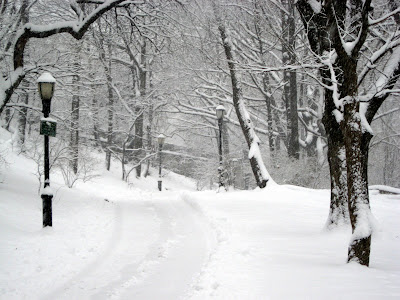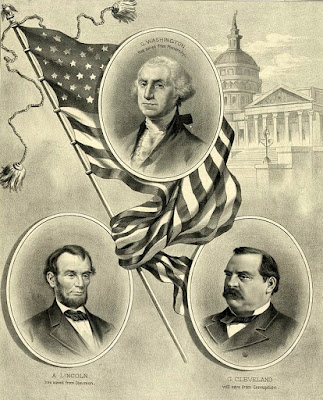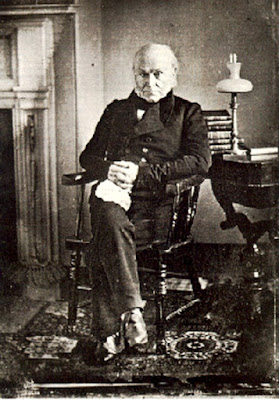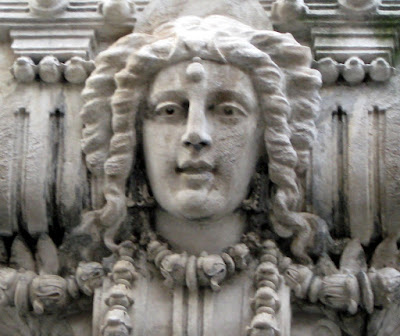 | Digital ID: cph 3a53178 Source: b&w film copy neg. Reproduction Number: LC-USZ62-16767 (b&w film copy neg.) Repository: Library of Congress Prints and Photographs Division Washington, D.C. 20540 USA. Retrieve higher resolution JPEG version (91 kilobytes)
Retrieve uncompressed archival TIFF version (19 megabytes)
TITLE: W.E.B. (William Edward Burghardt) Du Bois, 1868-1963, CALL NUMBER: BIOG FILE - Du Bois, W.E.B. (William Edward Burghardt), 1868-1963 [item] [P&P], REPRODUCTION NUMBER: LC-USZ62-16767 (b&w film copy neg.) RIGHTS INFORMATION: No known restrictions on publication. |
SUMMARY: Head and shoulders. MEDIUM: 1 photographic print. CREATE, PUBLISHED: c1919 May 31.
NOTES: J234700 U.S. Copyright Office. Photo by Cornelius M. Battey, 1918. No. 8. No copyright renewal. This record contains unverified, old data from caption card.
REPOSITORY: Library of Congress Prints and Photographs Division Washington, D.C. 20540 USA. DIGITAL ID: (b&w film copy neg.) cph 3a53178
hdl.loc.gov/cph.3a53178, CONTROL #: 2003681451
MARC Record Line 540 - No known restrictions on publication.
Credit Line: Library of Congress, Prints & Photographs Division, [reproduction number, LC-USZ62-16767]
W. E. B. Du Bois From Wikipedia, the free encyclopedia
William Edward Burghardt Du Bois (pronounced /duːˈbɔɪz/) (February 23, 1868 – August 27, 1963) was an African American civil rights activist, leader, Pan-Africanist, sociologist, educator, historian, writer, editor, poet, and scholar. He became a naturalized citizen of Ghana in 1963 at the age of 95.
David Levering Lewis, a biographer, wrote, "In the course of his long, turbulent career, W. E. B. Du Bois attempted virtually every possible solution to the problem of twentieth-century racism—scholarship, propaganda, integration, national self-determination, human rights, cultural and economic separatism, politics, international communism, expatriation, third world solidarity."
W. E. B. Du Bois was born on Church Street on February 23, 1868, in Great Barrington, at the south-western edge of Massachusetts, to Alfred Du Bois and Mary Silvina Burghardt Du Bois, whose February 5, 1867, wedding had been announced in the Berkshire Courier. Alfred Du Bois had been born in Haiti. W. E. B. Du Bois detailed his French Haitian background in his autobiography:
Of grandfather's life in Haiti from about 1821 to 1830, I know few details. From his 18th to his 27th year he formed acquaintanceships, earned a living, married and had a son, my father, Alfred, born in 1825. I do not know what work grandfather did, but probably he ran a plantation and engaged in the growing shipping trade to the United States. Who he married I do not know, nor her relatives. He may have married into the family of Elie Du Bois, the great Haitian educator. Also why he left Haiti in 1830 is not clear. It may have been because of the threat of war with France during the Revolution of 1830 and the fall of Charles X.
Their son was born 5 months before the Fourteenth Amendment was ratified, and added to the U.S. Constitution. Alfred Du Bois was descended from free people of color, including the slave-holding Dr. James Du Bois of Poughkeepsie, New York, a physician. In the Bahamas, James Du Bois had fathered three sons, including Alfred, and a daughter, by his slave mistress. Du Bois was also the great-grandson of Elizabeth Freeman (“Mum Bett”), a slave who successfully sued for her freedom, laying the groundwork for the eventual abolition of slavery in Massachusetts
Why the web tells us what we already know and
Chinese New Year of the Rat, Wu Zi, 4705 and
Nanowires hold promise for more affordable solar cells or
Harriet Tubman















































